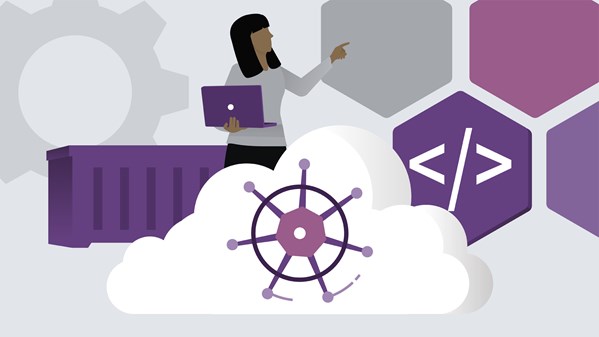Kubernetes and Docker Online Course Overview
Kubernetes is an open-source container management software developed in the Google platform. It helps you to manage a containerized application in various types of physical, virtual, and cloud environments. It is a highly flexible container tool to deliver even complex applications. Applications 'run on clusters of hundreds to thousands of individual servers." It also allows you to manage your containerized application more efficiently. ...
Docker is also an open-source container-file format for automating the deployment of applications as portable, self-sufficient containers that can run in the cloud or on-premises. Together, Kubernetes and Docker have become hugely popular among developers, especially in the DevOps world.
Both Docker and Kubernetes are huge open-source technologies, largely written in the Go programming language, that use human-readable YAML files to specify application stacks and their deployment.
Grras brings to you a unique training covering basic to advanced-level concepts of Docker and Kubernetes. The training offers an engaging and immersive learning experience for participants where they can take advantage of connecting with an industry expert trainer and learn about real-world best practices.
Course Objectives
Participants will learn the basic concepts of service management:
- Fundamentals of Docker
- Fundamentals of Kubernetes
- Running Kubernetes instances
- Creating and working with Kubernetes clusters
- Working with resources
- Creating and modifying workloads
- Working with Kubernetes API and key metadata
- Working with specialized workloads
- Scaling deployments and application security
- Understanding the container ecosystem

Curriculum
Course Features
- The duration of the course is 40 hours.
- The course structure is 20% theory 80% hands on lab exercises.
- Access all the materials anytime, anywhere.
- We guarantee the best price for our course that aligns with the quality of our course deliverables.
- Training Certificate/ Training Letter.
- Live Online Training.
- 360 Degree Technical Support.
- CKA (Certified Kubernetes Administrator) gives you the mighty potential for a better salary.
- Stand out from the pack.
- Become a Kubernetes Expert.

